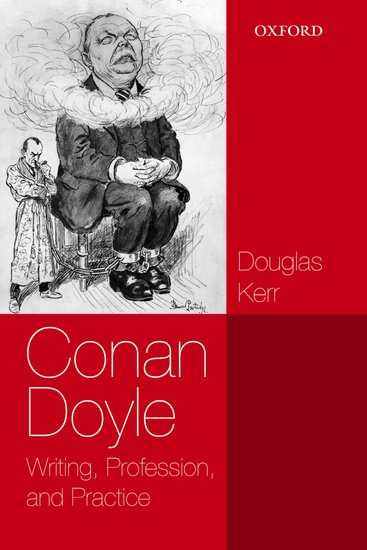The good, the bad, the missed opportunities
By Christopher Adam, David Cobham, and Ken Mayhew
Popular perceptions of governments’ economic records are often shaped by the specific events that precipitate their downfall. From devaluation crises in the 1960s, through industrial relations in the 1970s, to the débâcle of the poll tax in the 1990s, governments in the UK have often fought (and lost) elections on defining events—not all of which are of their own making.











